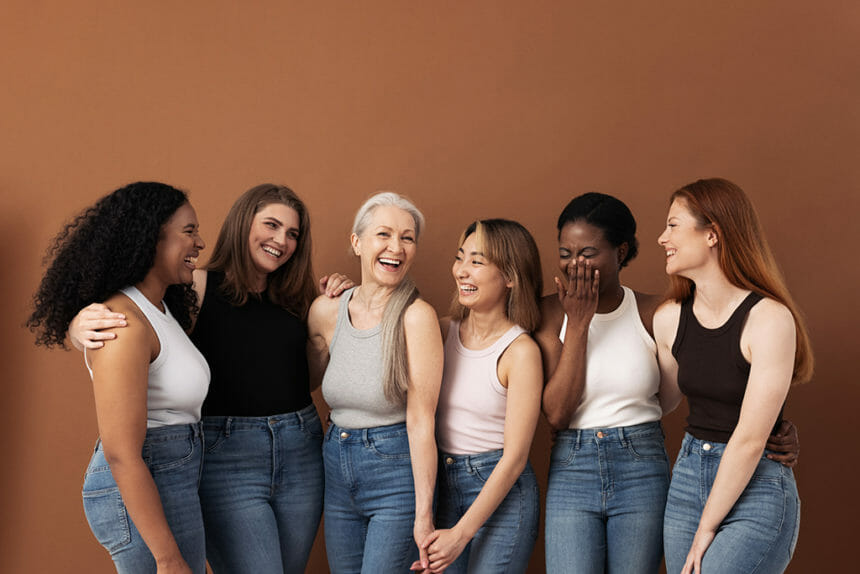There are still significant gaps and gender bias in healthcare marketing, according to the Health on Her Own Terms study released Thursday.
WPP and SeeHer released research that found almost half of women say media and advertising shy away from women’s health issues.
Less than one-quarter of women said they seek information about their reproductive health from healthcare professionals, the media or their peers due to “enduring taboos.” Additionally, 45% of Black, indigenous and women of color called for more representation of race and ethnicity in health communications.
More than half of women said miscarriages are not portrayed or are portrayed negatively in ads, with a similar percentage saying the same thing about periods. A majority of women also said depictions of weight are unrealistic.
Mental health was another area lacking in representation. Less than 50% of women felt behavioral health was well addressed in marketing, especially among moms, Gen Z women and non-binary women.
In response to the study’s findings, WPP and SeeHer created “The Marketer’s Hippocratic Oath to Women,’ which pledges to “to not only do no harm but to drive real change” and create better outcomes for women themselves, as well as their businesses.”
Women’s health has been an increasingly prioritized topic among medical marketers this year, especially in light of the Supreme Court’s decision to overturn Roe v. Wade. The onus to more effectively advertise to this critical group of consumers falls on marketers going forward.
“Advertisers tend to flatten womanhood and our health needs into a demographic box. But women’s health is far more dynamic and nuanced than how it’s currently presented in the media,” Lindsay Pattison, Chief Client Officer of WPP, said in a statement. “Our industry has a responsibility to transform how women are portrayed and provide more multifaceted representation and prioritize showing women’s mental health more authentically, weight more realistically and reproductive health more inclusively.”
Beyond its recent research, WPP worked with GSK consumer health spinoff Haleon to launch the Always Read the Label campaign, which is also being supported by Microsoft’s Seeing AI app.
The agency also announced a few months ago that it hired Wendy Lund to serve as EVP, chief client officer for health and wellness.







